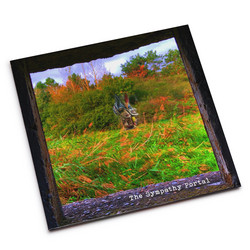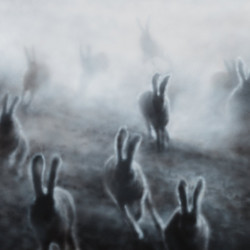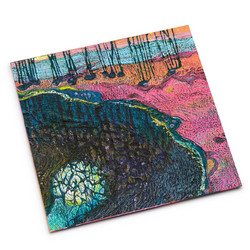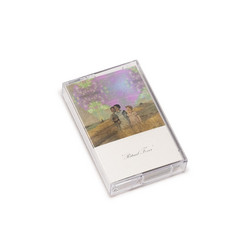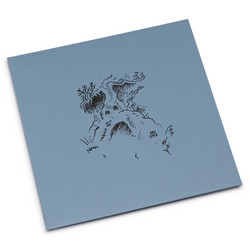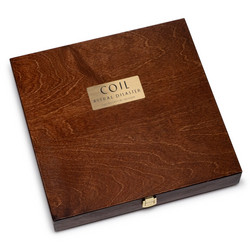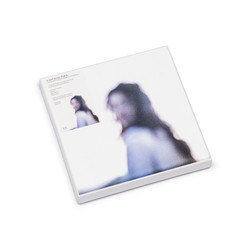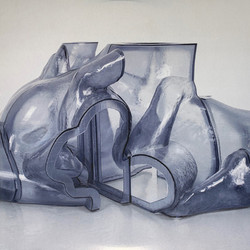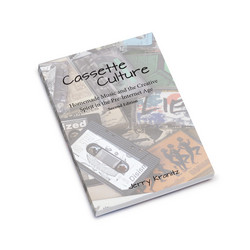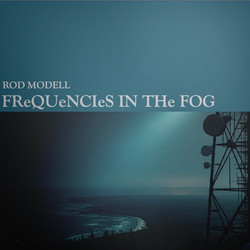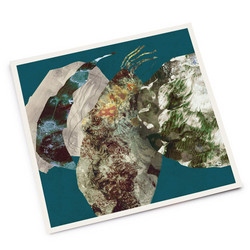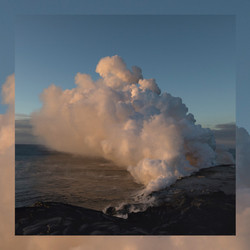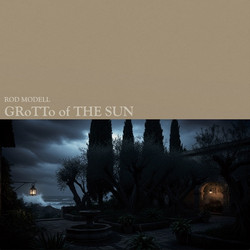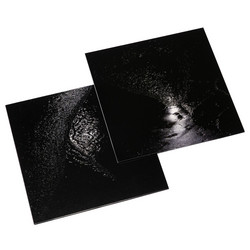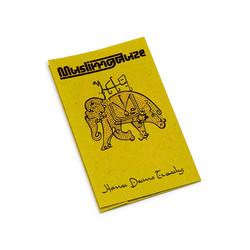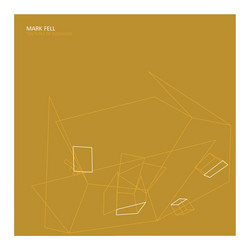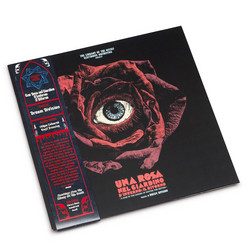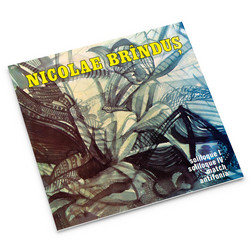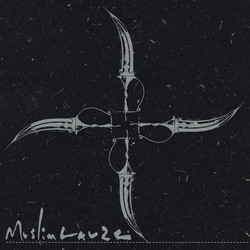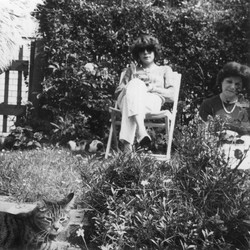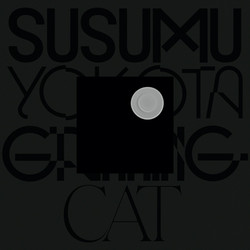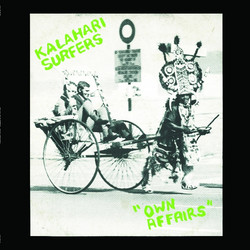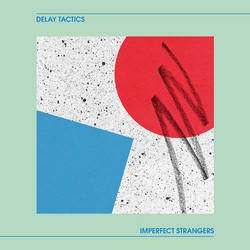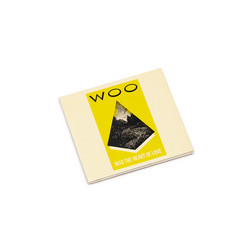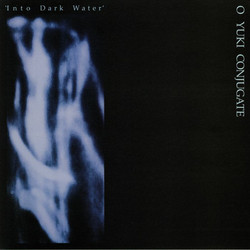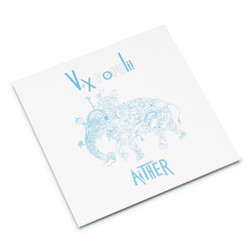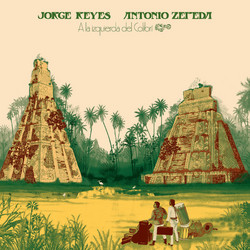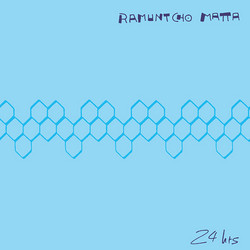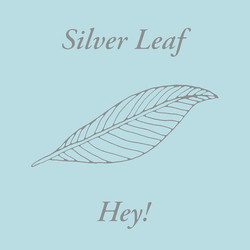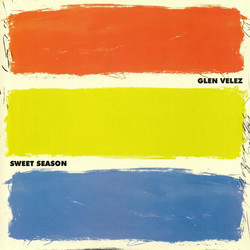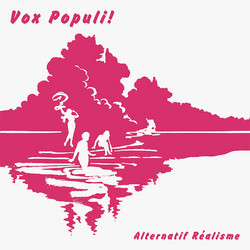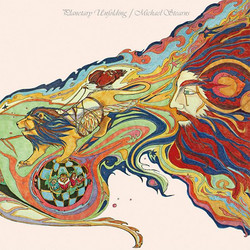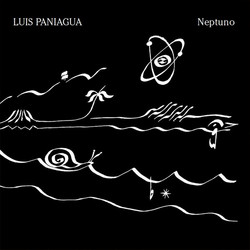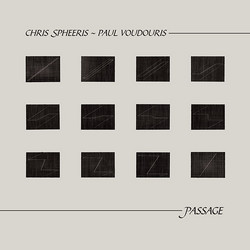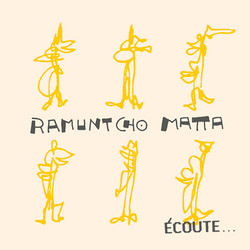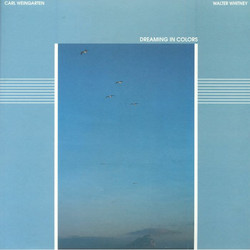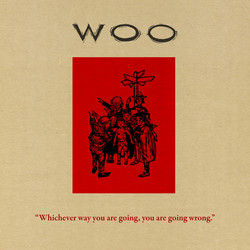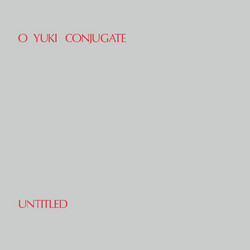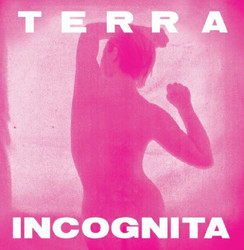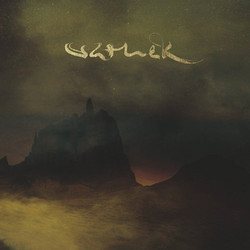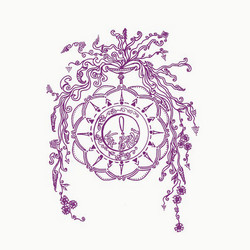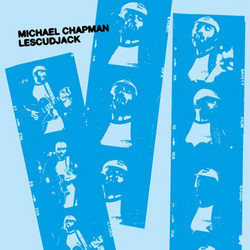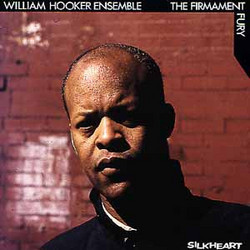Kalahari Surfers
Censorship Is Killing Music (Gross National Products, 1980 To 1990) LP
Emotional Rescue presents a compilation of the output of the ground-breaking South African composer, producer, multi-media artist and sound designer, Warrick Sony and his project Kalahari Surfers. Born Warrick Swinney, in Port Elizabeth, 1958, he grew up in Durban and showed an early interest in music, playing in school-based bands, covering songs by the likes of Jimi Hendrix and The Who. As his influences progressed to Frank Zappa and Captain Beefheart, Warrick developed an interest in Indian culture, from which he studied tabla at the Hindu Surat School.
Conscripted into the South African Defense Force, he declared himself a Hindu pacifist and was assigned to medical duties and band work. Before leaving the army, his father returned from a trip to Europe with the early punk albums of the Sex Pistols and The Clash. Influenced by the shifting music landscape and his own political views, he first changed his name to Warrick Sony to avoid issues with the authorities, before starting the Kalahari Surfers as a fictional group to serve as an outlet for his music ideas. Being the only permanent member, bringing in other musicians as and when needed, he adopted the band name to create a layer of protection from the state.
The Surfers music acted as the first radical white anti-apartheid pop in South Africa. Inspired by punk’s do-it-yourself ethos, the 1982 debut was a cassette packaged in a silver spray painted box, recorded on a 4 track portastudio. A daring mix of found sounds, from jive rhythms to jazz, tabla, political speeches, and other samples. Working as a freelance sound engineer in the South African film industry meant Sony could make, use, and acquire equipment, experience, and sound samples to be used in his music. By the time of the 1984 album Own Affairs, the project had honed the mix of “avant” cut-up experimentation with post punk and dub rhythms, spoken word and samples as a means for political commentary. This resulted in some notoriety and being unable to find a vinyl plant in the country what would press it, so an alliance was formed with Recommended Records in South London to press and distribute the releases. This would see the band tour Europe throughout this period, with growing success leading eventually to the banning of their 1989 album Bigger Than Jesus.
Praised in the press, Simon Reynolds, at the time, noted their “viscously critical (and historically intelligent) lyrics”, spotting the relationship to early Frank Zappa. However, their music was more than mere political motivations. The African-centric polyrhythmic nature of Free State Fence and Crossed Cheques, as well as slow motorik interplay of Don’t Dance, show a considerable grasp of song craft and studio confidence. The dub infused Running Out Of Time, Beatle Love Song and I Wonder Why, the sound collages of Ten Dirty Fingers, Hillbrow 2 and Messer Im Kopf, plus the longform drone closure of Perpetual Motion, showcase a band of considerable dexterity that can’t be defined as anything other than the unique sound of Warrick Sony.
Active ever since, as the Kalahari Surfers or solo, Sony continues working, writing film scores, music for theatre and art exhibitions, and has recently undertaken an art residency at the Bauhaus University / Goethe Institute in Weimer, Germany, as well as soon to complete a PHD at the University of Western Cape, with his recently documented dissertation titled “Signal To Noise - sonic reflections on the South African transition period (1984-1998)".
